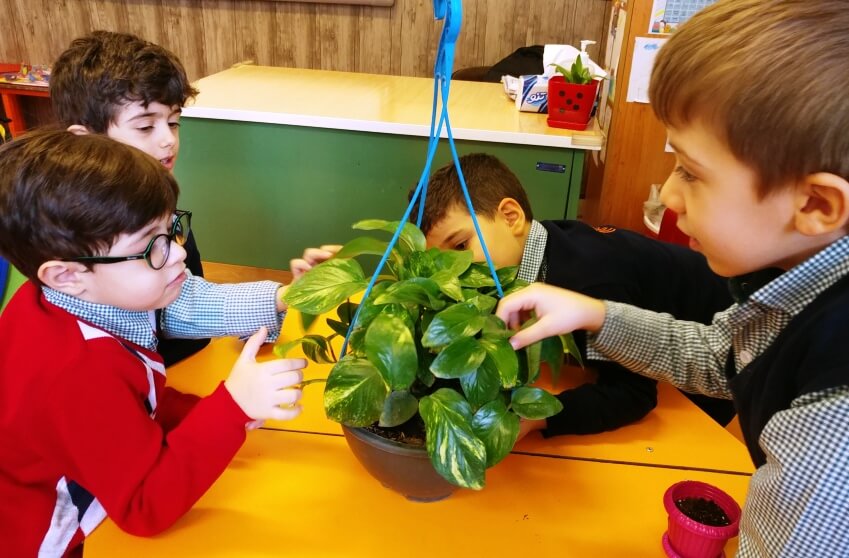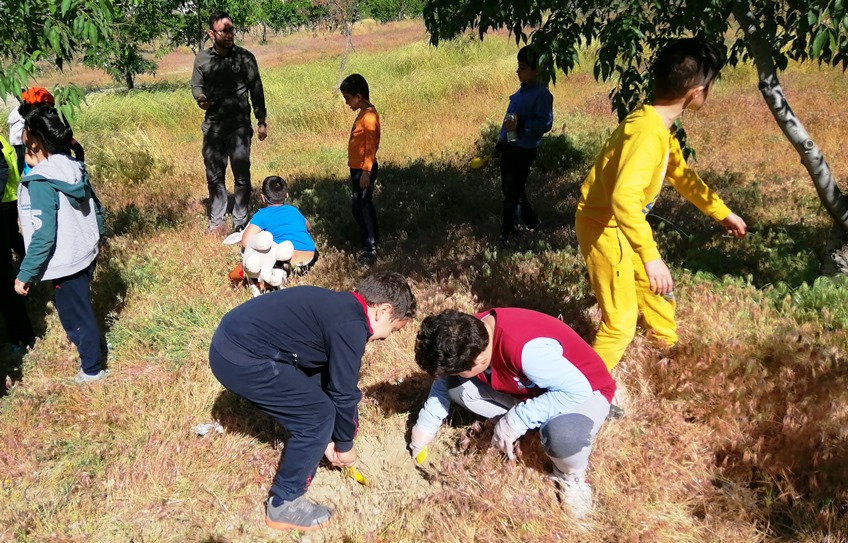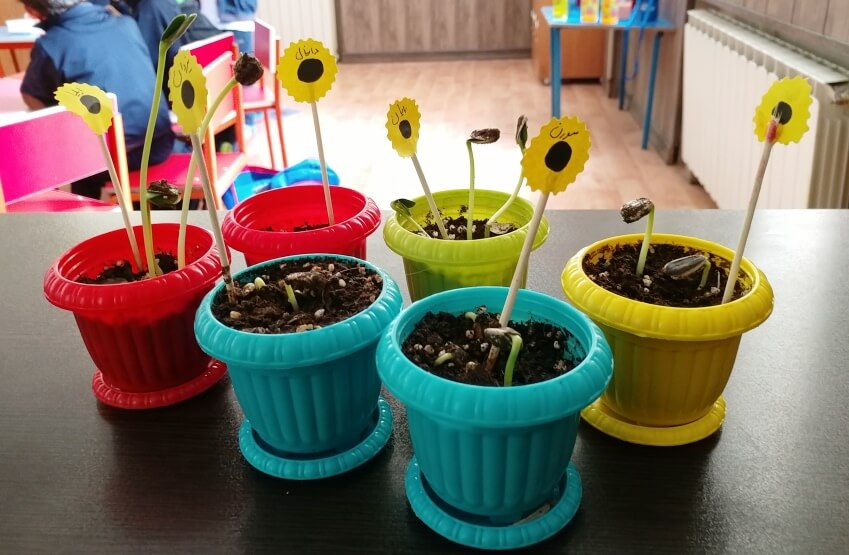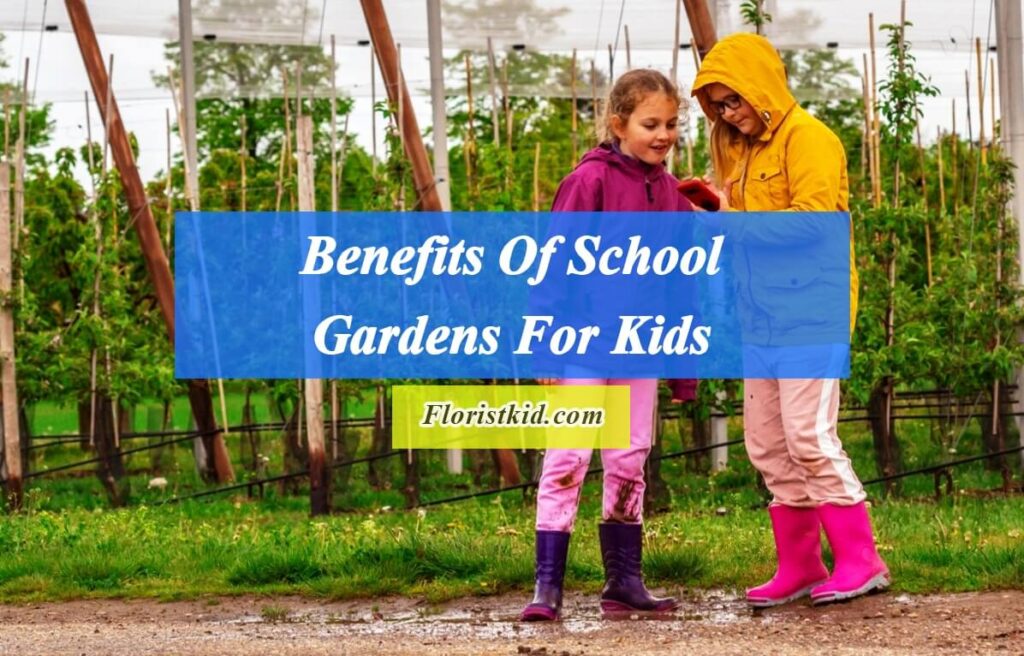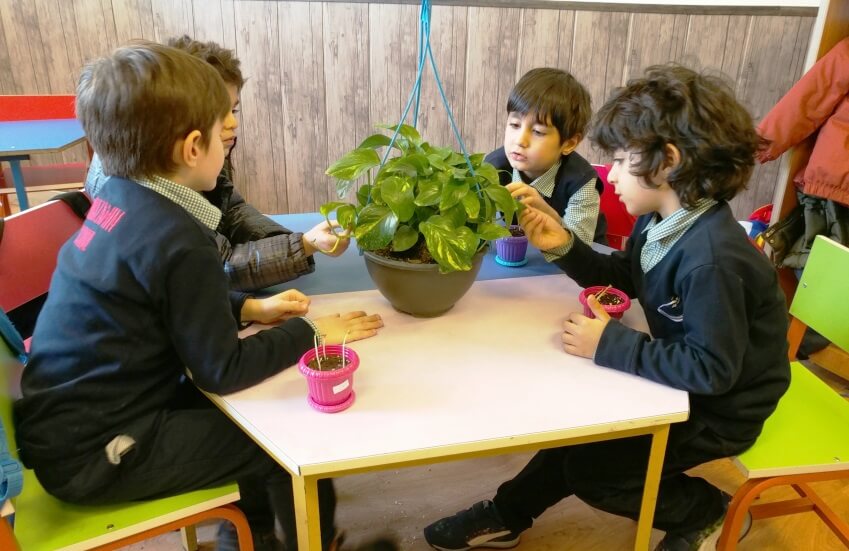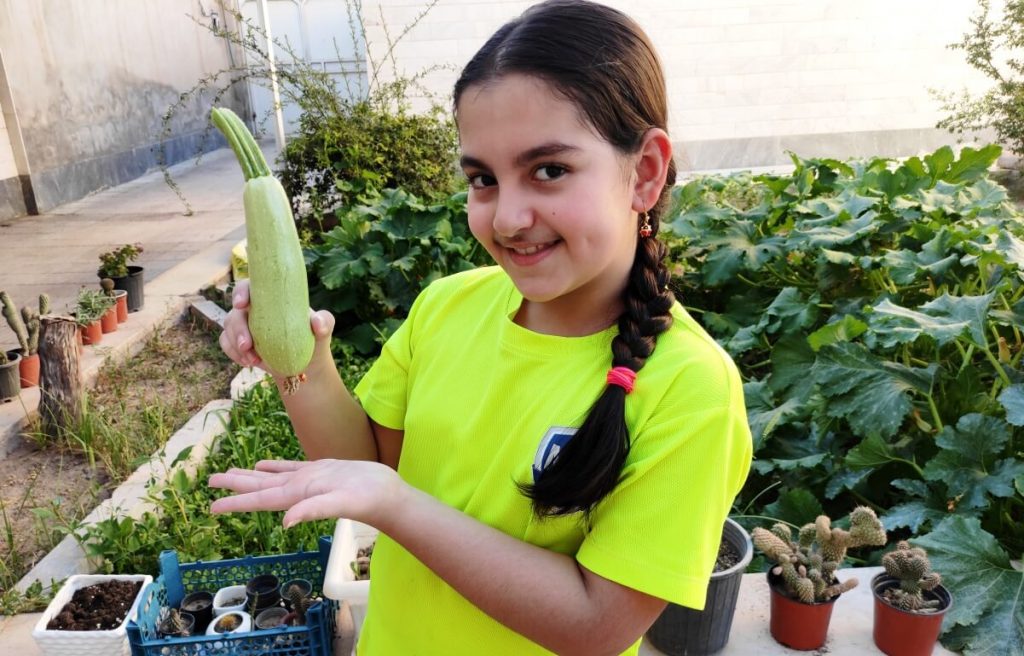Even with experienced teachers and technology, the best learning sometimes occurs in the garden. Gardens are common on school grounds for aesthetic reasons, but the benefits of having trees, flowers, vegetables, or herbs extend far beyond that. In this post, we will discuss the benefits of gardening for students and schools so that you can see how important is teaching kids about gardening in today’s educational field.
Gardening allows children to reconnect with the natural world around them. Gardens teach students about farming, how we eat, the value of stewardship, and how to appreciate the nature which supports our life on this planet.
Benefits of gardening for students
Academic Accomplishment
Passive learning is common in traditional classroom activities, such as reading aloud and listening to teachers. On the other hand, outdoor garden classroom activities bring abstract concepts to life via active, hands-on learning.
School garden programs include common gardening operations, including planning, planting, caring for, and harvesting. Plants, insects, birds, and the weather all play a role in the educational process.
According to experimental researches, students who participate in a garden-based scientific curriculum in addition to typical classroom learning do much better on science performance assessments than students in a traditional classroom-based control group. It has been proven that both girl and boy students benefit equally from these garden-based accomplishments.
Environmental protection
Many students who were not raised in rural areas have never seen seeds germinate or food growth. Seeing or even eating fresh vegetables is a unique experience for some kids.
In children’s gardening and agriculture programs, Students learn about the benefits of fresh fruit and vegetables and the process that brings them to market. They learn about plant growth, from seeds to seedlings to flowers to fruits, and the effects of rain, drought, and other natural factors on plant life. Teaching kids about gardening can help them understand the link between nature, food sources, pollinators, and other species attracted by the garden ecosystem. This heightened sense of connection to nature creates a sense of responsibility for the surrounding environment.
Students who participate in hands-on garden classroom programs are more concerned about resource conservation and allocation than students who do not. Participants in the student gardening activities also have more positive attitudes toward nature, gardening, and environmental issues.
Hands-on Activities
Another Benefit of gardening for students is active learning. Gardening practical tasks and activities allow children to become active learners. Students will gain the ability to carry out activities as they learn. They become more flexible in their thinking and solve difficulties by adjusting to new obstacles offered by nature. Inside the classroom, this pleasurable approach to learning can even increase concentration.
By doing gardening, children also learn about the environment and the importance of sustainability. They will discover new facts about insects and how they affect the growth of plants and vegetables.
Finally, teaching kids about environmental stewardship is simple with composting and recycling activities.
Community and social skills
Gardening at school encourages teamwork, individual responsibility, and a dedication to achievement by its very nature. Gardening strengthens links between school gardeners, schools, and communities, much like team sports do for student-athletes.
Many gardens hire a team of community members who help students plant the seeds and learn in the gardens. Increased connection between students, instructors, and volunteers promotes the development of interpersonal and cooperative abilities in children that last a lifetime.
Students that participate in school garden programs increase their self-awareness and teamwork to attain group goals. They acquire higher self-esteem, better awareness of personal responsibility, and better relationships and interaction with their parents and other family members.
In addition, gardening activities have been found to improve nonverbal communication skills and cooperative work participation in children with learning difficulties.
Empathy and risk-taking practice
Teachers who engage their students in gardening activities report higher empathy for their classmates and the organisms in their school environment. This is because observing birds and earthworms grow in the garden teaches children about nature’s interdependency. The school garden is also an excellent area for children to practice new activities while learning about boundaries and responsibility in a safe environment. Children can push their limits and acquire new abilities in a safe atmosphere.
Habits for a healthy life
Another Benefit of gardening for students is a healthy lifestyle. Many students are sedentary and have limited awareness of the connections between exercise, nutrition, and long-term health. While standard classroom learning does not include much physical exertion, gardening does.
As they tend to start gardening, they have to stand, walk, kneel and stretch, and they are often so absorbed in their tasks. This increased physical activity flows over into the lives of students outside of school.
School gardening has an impact on dietary choices as well. According to studies, kids are much more inclined to consume fruits and vegetables that they have grown themselves. Students benefit from the increased nutritional value of school-grown vegetables commonly incorporated into lunch programs.
Nutritional education is a component of many garden initiatives, and it has been demonstrated to enhance attitudes toward fruits and vegetables in general. Children are more inclined to consume vegetables, even as afternoon snacks, and request veggies from family members. These good habits are carried through into adulthood.
Improvement of immune systems
There is mounting evidence that being dirty exposes us to various bacteria that can improve our health and balance our immune systems against our highly sterile life.
This is especially true for kids who benefit from early exposure to dirt and the outdoors in terms of reduced allergies and asthma. They can also absorb vitamin D while gardening in schoolyards and gardens.
Anxiety reduction
The last but not the least Benefit of gardening for students is alleviation of anxiety. There are some evidences that exposure to beneficial soil bacteria can assist in controlling the neurotransmitters that affect our emotional state in the brain.
Exposing yourself to natural green places to improve your mood has become a worldwide practice with proven outcomes. On the other hand, gardening is more than just another green space: it is a hands-on, outdoor classroom that teaches children self-control and mindfulness, two skills that have been found to reduce depression and anxiety.
It has been proven that even the presence of indoor plants in the classroom can also reduce the stress. That is why besides having gardening program at schools, it has been recommended to have plants in every classes. If you are interested in this subject you can read the article: <<benefits of plants in the classroom>> .

